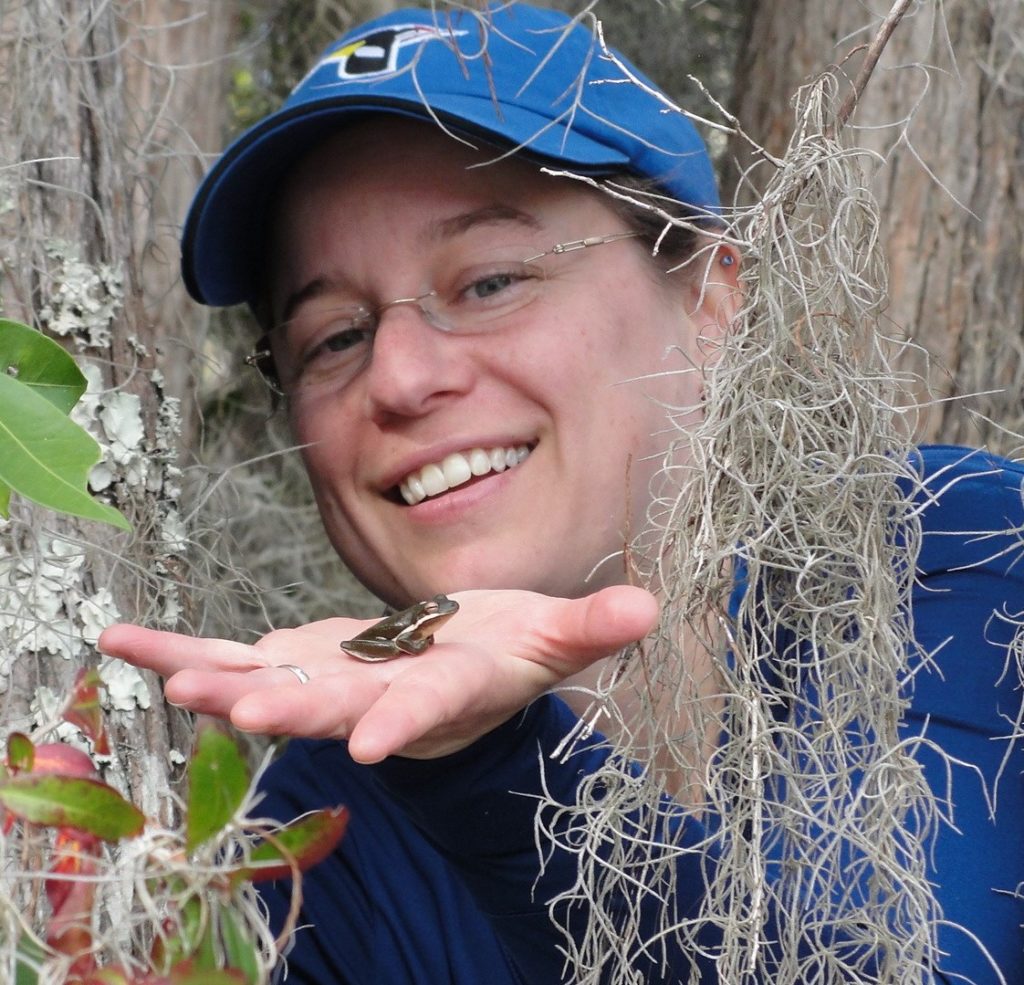By Judith Scarl

As winter turns to spring, most of us eagerly listen for the flurry of birdsong that marks warmer days, blooming plants, and of course, spring migration. While more Americans are discovering birding as a hobby during the coronavirus restrictions, for many ornithologists, birding and bird-related research will look quite different this year.
During these difficult times, sacrifice and loss seem like constant presences in our lives. Some of these losses are very small, like not being able to buy my favorite brand of toilet paper at the grocery store (come on, it’s hard). Of course, many of these losses are big — being separated from friends and family, loved ones sick or dying, loss of jobs, loss of school for our children. Many of us have never faced uncertainty like this before, and it’s a struggle to accept these restrictions on what we hold most dear.
Scientific research, including field work, has not been immune to these restrictions. Many of us have struggled with personal and professional sacrifices around field work: from long-standing NGO research projects that will skip a season, to canceled Breeding Bird Surveys, to long-planned and much-anticipated graduate research, many of us are facing a spring and summer without these beloved and important activities. This is a sacrifice on so many levels — sacrifice of personal purpose and enjoyment, sacrifice of adventure and excitement, sacrifice of the engines that keep so many of our organizations going. Above all, perhaps, we worry about the sacrifice of science. As a community, we fight hard to demonstrate the importance of science to conservation, to decision-making, to the health of our world. Losing a year’s worth of data will have implications for how we draw conclusions and make decisions.
But by sacrificing this data collection in the short term, we are in fact standing in solidarity with science. Science-based decision making is the core of bird conservation, and promoting the importance of sound science is one of our critical tenets in the bird conservation community. As scientists and conservationists, too, we strive to put our science in a broader context. Bird conservation, for example, supports healthy ecosystems, and healthy ecosystems have broad benefits beyond birds.
We expect people to use our science to make decisions, and by making sacrifices right now, we are doing just that: supporting science that comes out of the public health field. We are demonstrating that while we may not always like what science tells us, we believe and live our own mantra — that science must be a strong factor in guiding our choices. As scientists, too, we can step back and see a broader context. Going into the field is often a solo activity in remote conditions and may pose little risk to each of us in terms of contracting a virus. However, continuing with field work increases community risk. Driving to a field site may involve stopping at a gas station or a restroom, increasing transmission linkages between people. The more we are in our cars, the more we risk a flat tire or the sooner our vehicle needs maintenance — also increasing our potential for linkages. Out in the field, we increase our risk of, for example, twisting an ankle, perhaps requiring assistance from an over-taxed and exhausted medical system. The broader context of field work is that it can increase risk to a system that currently requires a minimization of that risk to protect all of us.
So, thank you. Thank you for sacrificing some of your science. Thank you for supporting a bigger picture than just us. Thank you for using your actions to demonstrate how critical it is to base decisions on science. Thank you for setting an example.
In the midst of this loss and sacrifice, we also face a tremendous opportunity- promoting the relevance of bird conservation. As CNN noted in an article for Earth Day, “bird-watching is having a moment.” Experiencing nature, getting outdoors to exercise, and going birding can be good for our health. Now more than ever, people are looking for stimulating, enjoyable, accessible activities to do around their homes. Even if we can’t conduct remote field work— and even if there may be moral concerns about traveling from our homes to watch birds — this is a tremendous opportunity to encourage people to explore and enjoy their neighborhoods in ways they may not have considered, all while keeping risks to self and community minimal. We don’t have to stop doing everything we love, or encouraging others to find joy in the natural world; we just need to change how we approach these activities in the short term.
We are all playing an important role in keeping our communities safe. Thank you for the sacrifices you are making, and for standing in solidarity with science.
Dr. Judith Scarl is the U.S. Coordinator of the North American Bird Conservation Initiative (NABCI), a partnership of federal and state agencies, non-governmental organizations, and other partnerships and societies. NABCI works to collaboratively identify and address national bird conservation issues, and to help partners speak with a unified voice about common priorities. The American Ornithological Society became a member of NABCI in February 2020.
Judith,
Thank you for your commentary. It covers problems with working in a pandemic well. I would add that laboratory work has also been affected. Universities are closed and access to buildings and resources are restricted. Indeed, many hours at the bench are being lost.Seems we are all in this together.
Stay safe,